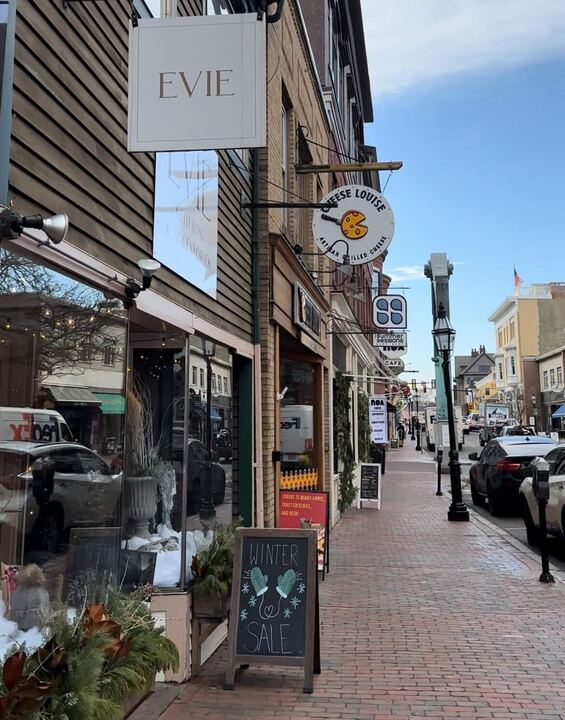By Gabrielle Lamontagne
As far as I know, not much has changed for how young adults have spent their summers since 1958, when Eddie Cochran’s popular hit “Summertime Blues” was first ranked #74 on Billboard’s very first top 100 list. The genre could be considered rock, but for the purposes of this column, I’d like to consider it pop because no such genre existed in the 1950s and was originally based on a grouping of just “popular” music. I think Billboard was, and remains, a good measure of that popularity in the US. Either way, high school and college age students still run into similar problems as Cochran faces in this timeless tune.
The lyrics to “Summertime Blues” discuss the struggles of middle-class American youth during Academic breaks, such as work and a lack of downtime. The need to work during summer vacation, for high school and college students at least, is more important since the economic recession that took place eight years ago, which is why we can relate to the lyrics about working rather than going out with friends or significant others. There are also the  relatable lyrics about borrowing the car and parents saying no because you didn’t meet their criteria or follow their rules. As a result, all of these things add up to be kind of a bummer, and the song title “Summertime Blues” is therefore fitting.
relatable lyrics about borrowing the car and parents saying no because you didn’t meet their criteria or follow their rules. As a result, all of these things add up to be kind of a bummer, and the song title “Summertime Blues” is therefore fitting.
Although some of the expressions used in this song are out of date, the overall concepts are still relevant. For instance, not many people say “no dice” anymore, we say “too bad” and “riding” on Sundays refers to a type of pastime popular in the 1950s, but not many still drive around town just for the sake of being in a car or sight-seeing in one’s own town. There are also the different colloquial or slang terms used in the song, such as referring to any younger person as “son”, the over-use of “gonna”, and more, which have fallen out of use for the most part.
However, the wish to take vacations and discuss issues with politicians have not fallen out of style, and neither has the disinterest shown by some politicians toward citizens under voting age, nor the stigma of this being the stereotypical politician. To describe this, Cochran sings that the politician’s answer to his problem was, “I’d like to help you, son, but you’re too young to vote.” This song is probably more relatable to high school and college students, but not so much after college. I consider its after-college equivalent to be Jim Croce’s “Working at the Car Wash Blues,” which has a similar tone but the viewpoint of a man getting out of prison. Many students think of school as a prison, so I think it can be equated to getting out of school and joining the workforce. The theme of that song is about being overqualified for the entry-level position he’s in and being frustrated by it. This is a pretty accurate description of first jobs after college, from what I hear.
Starting up right away with a relatively quick beat and pace, though steady, the musical tone of this song is both fun and relaxed. The periodic stops of music for short phrases emphasize those lyrics in a punch-line fashion. Changes in the music periodically are built to keep our short attention focused on the song, which is still true today. These changes also place emphasis on the lyrics. Despite the periodic changes in the tune, the same chords and note patterns seem to be repeated throughout the song. There’s also an added clapping sound to add texture and style to the music.
This is a fun song to sing along to and to help you vent your frustration at the lack of free time during academic breaks. Although it’s very different than what we consider “Pop” music today, but just as interesting, with lyrics that are delightfully not repetitive, except for the chorus of course!
Gabrielle Lamontagne is a junior majoring in French and business administration.


























